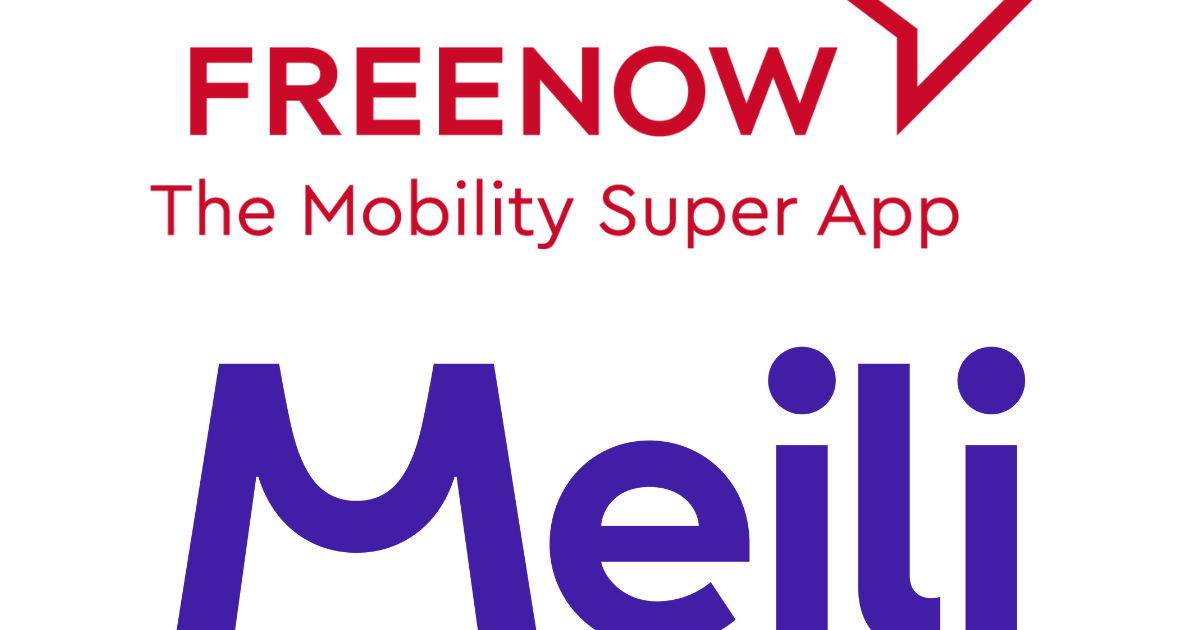On the Moove: Startup bring fantasy sports-style twist to fitness app sector
There’s few experiences that can prepare entrepreneurs for the fear of failure that comes with flying solo in business. Bombing as a stand-up comedian might qualify as one that does.
Bryan Severance, co-founder of a new fitness-focused startup in New Jersey, once moved to Los Angeles to pursue a comedy career, carving a path to the acclaim he aspired to through stand-up.
He has no shame in admitting it: He was horrible. And, although he did ultimately make a name for himself in behind-the-scenes entertainment work later as a television producer for reality shows and documentaries, he was glad to have given stand-up a try.

Today, the Jerseyan is trying something new: An app that treats fitness and exercise activities like a competitive fantasy sports league. It’s called Moove Together, and it’s a novel addition to a technology space that’s experiencing a level of growth that’s no laughing matter.
Fitness apps globally experience double-digit revenue growth each year. The market as a whole is expected to reach almost $16 billion by 2026, according to a report by Allied Market Research.
Hot within that market is the idea of team-based fitness activities, Severance said. That might involve fitness apps that set and measure fixed collective goals, such as the amount of steps equivalent to climbing Mount Everest.
“What hasn’t caught on yet is building better habits with a sports-like sense of teamwork and camaraderie, that desire not to let your teammates down (in a competition),” he said. “People get into that. They lose themselves in that competitive spirit.”
Modeled after fantasy sports leagues, Moove offers private matchups between groups of individuals scoring points each week against other teams. Participants compete across seasons and advance at the end of it to bracketed playoff competitions.
The concept, Severance explained, originated during COVID shutdowns, when a lull in work inspired a group text Peloton bike contest between Severance and some friends.
“I’d make funny bios of everyone, and we’d hop on to race each other,” he said. “Everyone was home, working with kids and, well, miserable. We had about 30 people eventually doing this — motivating each other every day and working out for fun.”
As more and more people expressed interest in it, they split everyone into teams. That’s where the magic happened, Severance said.
“Everyone really loved the vibes, but also the accountability of being on a team,” he said. “We also made it so that if someone didn’t have a Peloton, they could still compete. So, a Peloton mile would be 1 point, running a mile would be 3.5 points and 5 minutes of yoga would be a point. We just continued to grow from there.”
The amount of activities their makeshift system supported swelled to hundreds. As it did, the amount of people who wanted to participate entered the thousands.
It was far too much to track across group texts and Google spreadsheets. So, they discussed the potential of putting equity into building a website and an app, Severance said, and making a “side hustle” out of their homespun idea.
“I went to my friends who were really avid on this, and I said, ‘I think this is a business — are you with me?’” he said. “And they said, ‘100%.’ We were seeing how engaged people were getting in this, and how losing themselves in this competition led to better fitness and habit-building results for them.”
Severance sees a lot of potential in getting organizations involved that are already pushing health and wellness initiatives for employees. Moove has done test runs of the company’s private leagues with Salesforce, Merrill Lynch and other big firms.
After many months investing in building out the technology side of their concept, the Moove team is now moving onto a larger marketing and sales rollout, Severance said.
Despite the potential in this market, growth won’t be an easy endeavor.
“In the health and fitness space, peoples’ expectations are really high,” Severance said. “That can be a barrier. When we first started out, I assumed we’d have a product perfectly compatible with wearable devices and all that. It takes time and money. You have to grow to one level, show that growth and then repeat that.”
Severance describes that, at 38 with two young kids, as all-in-one “a wonderful, horrifying, amazing roller coaster.”
There are days he’s optimistic about the startup they’re building in New Jersey. Others, he’s scared stiff.
“But, honestly, any entrepreneur that told you they weren’t … they’d be lying,” he said.



